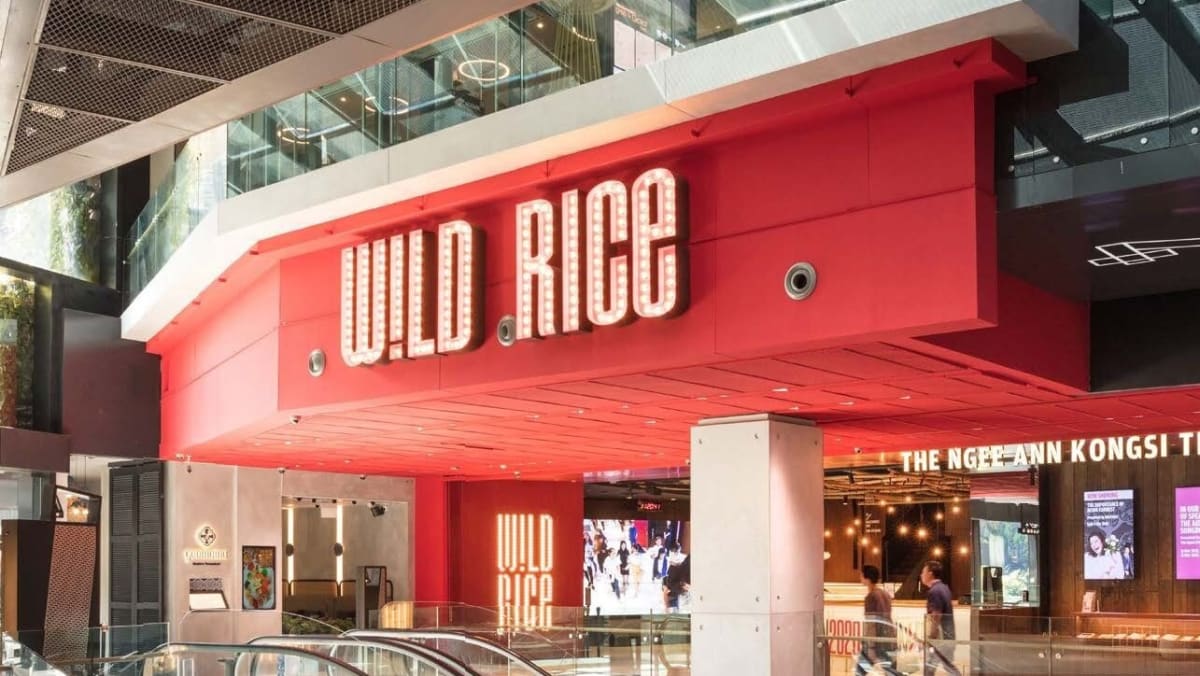SINGAPORE: A performance by theatre company Wild Rice has been banned for undermining anti-drug policy and public confidence in the Central Narcotics Bureau (CNB), the Infocomm Media Development Authority (IMDA) and the Ministry of Home Affairs (MHA) said in a joint statement on Friday (Jun 20).
A revised script for a dramatised reading, titled Homepar, was submitted on Jun 5, with IMDA assessing it to be in breach of the Arts Entertainment Classification Code (AECC). This was done in consultation with the MHA, it added.
IMDA and MHA noted that the revised script had “substantially changed” from the version submitted on Apr 21.
“The new material depicts and glamorises drug abuse and portrays an undercover CNB officer shielding abusers from detection,” they said.
“It undermines Singapore’s anti-drug policy, our drug rehabilitation regime, and public confidence in the CNB. Performances that undermine Singapore’s national interest are not permitted under the AECC.”
IMDA said it had previously informed Wild Rice that the earlier script submitted met classification requirements and could be staged under an R18 rating.
“However, Wild Rice has chosen not to revert to that version,” the authority added. “Consequently, IMDA has disallowed the performance in its current form.”
WILD RICE SAYS HOMEPAR DOES NOT CONDONE DRUG USE
In a statement, Wild Rice said it categorically rejects the characterisation of Homepar as a play that glamorises drug abuse.
“This is a reductive reading of a nuanced and empathetic work that is, at its core, about healing and recovery. The central character’s journey is one of struggle, resilience, and the power of community in overcoming addiction and stigma,” it said.
“Homepar does not condone or glorify substance use. It seeks to ask why people – real people, in our society – turn to drugs, often as a response to trauma, discrimination and marginalisation. The characters portrayed express a spectrum of attitudes, including rejection and ambivalence, and the play ends with a celebration of community that is explicitly and intentionally drug-free.”
According to a synopsis on the Wild Rice website, Homepar – a reference to house parties in the gay party scene – is about a protagonist who hosts one such party to “power through a tough break-up and celebrate their evolving gender identity”.
The performance is presented under The Rice Cooker, the theatre’s incubator platform for “bold new Singaporean writing”.
Wild Rice said shows under this platform were never intended as a full production, but as part of “a responsible dramaturgical process that includes feedback and revision”.
“It is deeply disappointing that a developmental work has been thrust into the public spotlight and judged as if it were a complete and finished work,” it said in its statement.
Actor and theatre director Ivan Heng is the founding artistic director of Wild Rice. It has a 20,000 sq ft performing arts facility across three floors of Funan Mall.
The theatre company said that while it respects Singapore’s firm stance against drug misuse, the arts must have the space to explore “complex and often uncomfortable realities”.
“Homepar does not ask audiences to approve of drug use. It asks them to understand the human stories behind it, and to imagine the possibility of recovery and belonging,” Wild Rice said.
“We remain committed to responsible storytelling, and to working constructively with regulators to ensure that this important new Singaporean work can be seen, understood, and appreciated for what it truly is.”
The authorities said in their joint statement that Singapore’s firm stance against drugs remains unchanged, and it will continue to uphold the AECC to “protect national interest”.
In 2013, the then-Media Development Authority banned a play titled Stoma by production house Agni Kootthu (Theatre Of Fire). Its arts entertainment licence was denied due to “sexually explicit, blasphemous and offensive references and language which would be denigrating to the Catholic and the wider Christian community”.
In December 2016, IMDA also said it had denied ratings to two shows that were set to be screened at an upcoming festival over “excessive nudity”.
